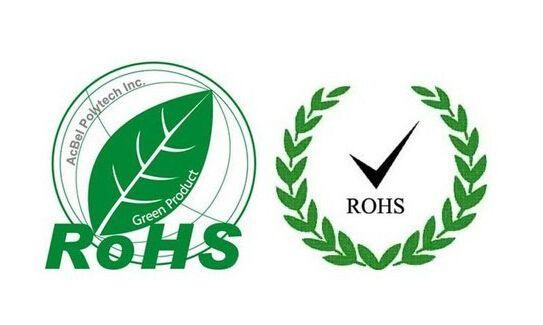RoHS testing is usually the product or larger components are divided into a single material after the test, or the smaller products and components are directly tested, which lead, cadmium, mercury, hexvalent chromium, polybrominated biphenyls (PBB), polybrominated diphenyl ethers (PBDE) and other six harmful substances meet the requirements of the RoHS directive, the conventional maximum limit standard is: Lead (Pb), mercury (Hg), chromium (Cr6+), polybrominated biphenyls (PBB), polybrominated diphenyl ethers (PBDEs)0.01% (1000PM), cadmium (Cd) : 0.01% (100PPM). (The content of six harmful substances in the above homogeneous substance cannot exceed the limit value, of which cadmium is 0.01% and the rest is 0.1%.)

Note:
According to the requirements of the EU WEEE&RoHS directive, metal materials need to test four harmful metal elements, including (Cd cadmium /Pb lead /Hg mercury /Cr6+ hexavalent chromium). In addition to checking the above four harmful heavy metal elements, the plastic material also needs to detect brominated flame retardants (polybrominated biphenyls PBB/ polybrominated diphenyl ethers PBDE), and the packaging materials of different materials also need to be tested for heavy metals in packaging materials (94/62/EEC). If you have RoHS testing needs, you can contact our customer service staff to confirm the required sample quantity and specific precautions.









